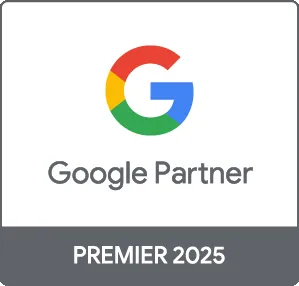PPC (Pay-Per-Click) advertising has become essential for e-commerce businesses looking to drive traffic and increase sales. This guide will explore effective strategies for creating and managing PPC campaigns that maximize ROI and enhance visibility. From keyword selection to ad copy optimization, we’ll cover everything you need to establish a successful PPC strategy for your e-commerce store.
Understanding PPC Advertising
Pay-Per-Click advertising involves paying for clicks on your ads rather than organic traffic. This method allows e-commerce businesses to target specific audiences and achieve immediate results. Popular platforms for PPC include Google Ads and social media platforms like Facebook and Instagram.
Why PPC is Vital for E-Commerce
- Instant Visibility: Unlike organic methods that take time, PPC ads can put your products in front of potential customers almost immediately.
- Targeted Advertising: You can create ads that reach specific demographics based on user behavior, interests, and online activity.
- Measurable Results: PPC campaigns allow for detailed tracking and analytics, helping you refine strategies for improved performance.
1. Setting Up Your PPC Campaign
To create an effective PPC campaign, follow these steps:
- Identify Your Goals: Determine what you want to achieve—whether it’s increasing sales, generating leads, or building brand awareness.
- Select Relevant Keywords: Use tools like Google Keyword Planner to find keywords your target audience is searching for and include long-tail keywords for better targeting.
- Craft Compelling Ad Copy: Write clear, engaging, and persuasive ad copy that highlights the unique selling points of your products.
2. Optimizing Your PPC Ads
Once your ads are live, optimization is key to ensure they perform well. Consider the following tactics:
- Use A/B Testing: Test different ad copies or visuals to determine what resonates best with your audience.
- Monitor Keyword Performance: Regularly review your keywords and pause those that aren’t converting to focus your budget on high-performing terms.
- Utilize Retargeting: Implement retargeting ads to reach visitors who have previously interacted with your site but didn’t convert.
3. Measuring Success
To evaluate the effectiveness of your PPC campaigns, track the following KPIs:
- Click-Through Rate (CTR): The percentage of people who click on your ad after viewing it. A higher CTR indicates effective ad content.
- Conversion Rate: Measure how many clicks result in desired actions such as purchases or sign-ups.
- Return on Ad Spend (ROAS): Calculate the revenue generated for every Rand spent on ads to assess profitability.
Conclusion
PPC campaigns are a powerful tool for e-commerce businesses aiming to boost traffic and sales. By setting clear goals, optimizing ads, and regularly measuring performance, you can harness the full potential of PPC advertising. At Prebo Digital, we specialize in creating and managing effective PPC campaigns tailored to your e-commerce needs. Ready to elevate your online store? Contact us to get started!





